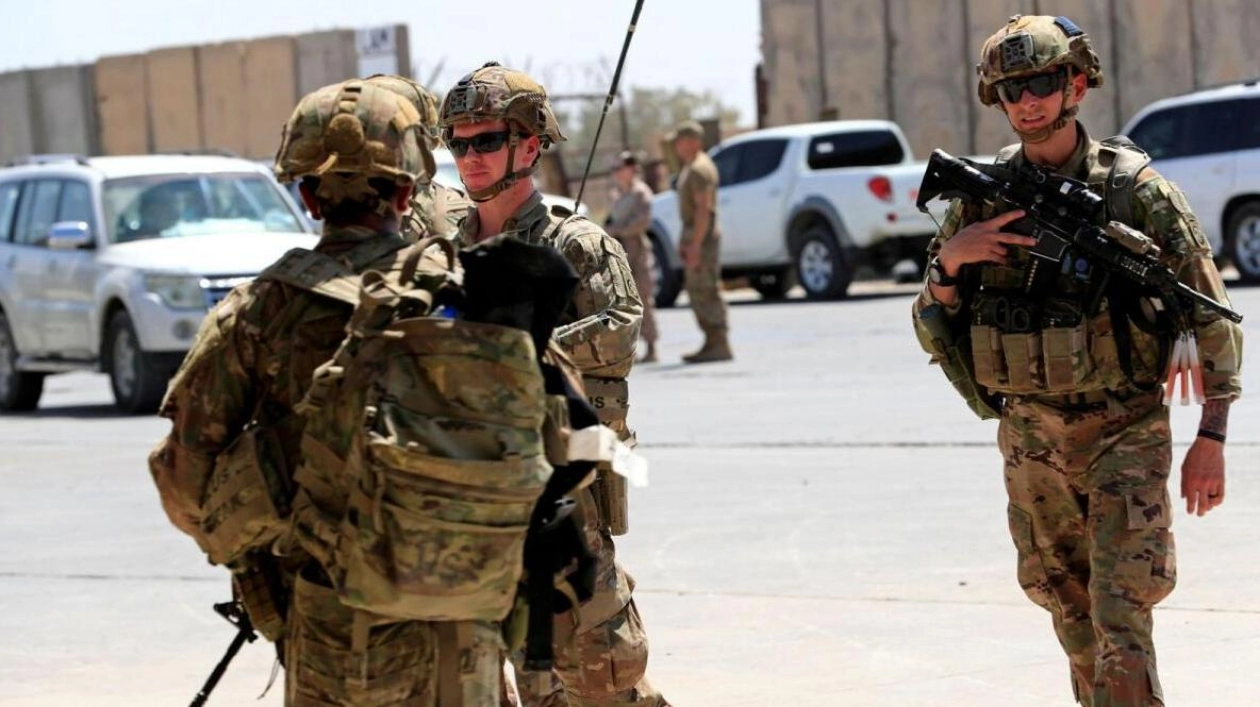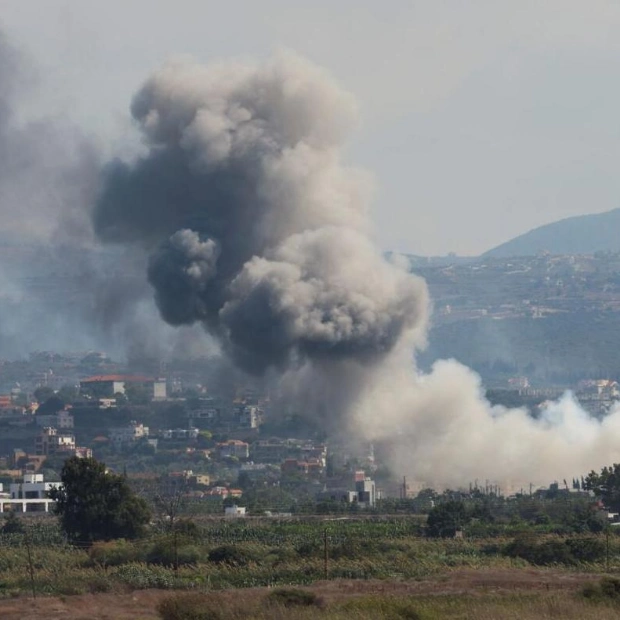Iraq is seeking the withdrawal of troops from a U.S.-led military coalition starting in September, with the coalition's formal conclusion slated for September 2025, according to four Iraqi sources. Some U.S. forces are expected to stay on in an advisory role as per new negotiations. Discussions on this Iraqi stance are currently underway with U.S. officials in Washington during a security summit, though no formal agreement on the coalition's termination or a related timeline has been reached, as confirmed by both Iraqi and U.S. officials.
U.S. State Department spokesperson Mathew Miller mentioned at a recent news briefing that both parties are convening in Washington this week to decide on the transition of the U.S.-led coalition's mission, considering the threat from Daesh. He did not provide further specifics. The U.S.-led forces initially invaded Iraq in 2003, ousted former leader Saddam Hussein, and withdrew in 2011, only to return in 2014 to combat Daesh as part of the coalition. Currently, the U.S. has approximately 2,500 troops in Iraq, leading an 80-member coalition formed in 2014 to counter Daesh's expansion across Iraq and Syria. These troops are stationed at three main bases: one in Baghdad, another in western Anbar province, and the third in the northern Kurdistan region.
It remains uncertain how many troops would exit under an agreement, with Iraqi sources anticipating a majority departure eventually, while U.S. officials suggest many might remain for a newly negotiated advisory and assistance mission. U.S. officials are interested in maintaining a military presence in Iraq bilaterally, partly to support their operations in Syria, where they have around 900 troops. The issue is politically charged, with primarily Iran-aligned Iraqi political factions aiming to demonstrate their push against the former occupier, while U.S. officials strive to prevent Iran and its allies from gaining an advantage. Concerns also persist about Daesh's potential resurgence.
Daesh was declared territorially defeated in Iraq in 2017 and in Syria in 2019, yet it continues to carry out attacks in both countries. The U.S. military reports that Daesh is on course to double its attacks in Syria this year compared to 2023. The group and its affiliates have also recently attacked locations in Iran, Russia, and for the first time, Oman. While the coalition's mission is to advise and assist Iraqi forces against Daesh, Western officials note that the U.S. and its allies also view their presence in Iraq as a counterbalance to Iranian influence. Talks on the coalition's future began in January, triggered by reciprocal attacks between Iran-backed Shia armed groups and U.S. forces, escalated by the Israel-Hamas conflict. A drawdown agreement could be politically advantageous for Prime Minister Mohammed Shia Al Sudani, who faces pressure from Iran-aligned factions to expel U.S. forces but aims to maintain a balanced approach considering Iraq's strategic alignment with both Washington and Tehran.






